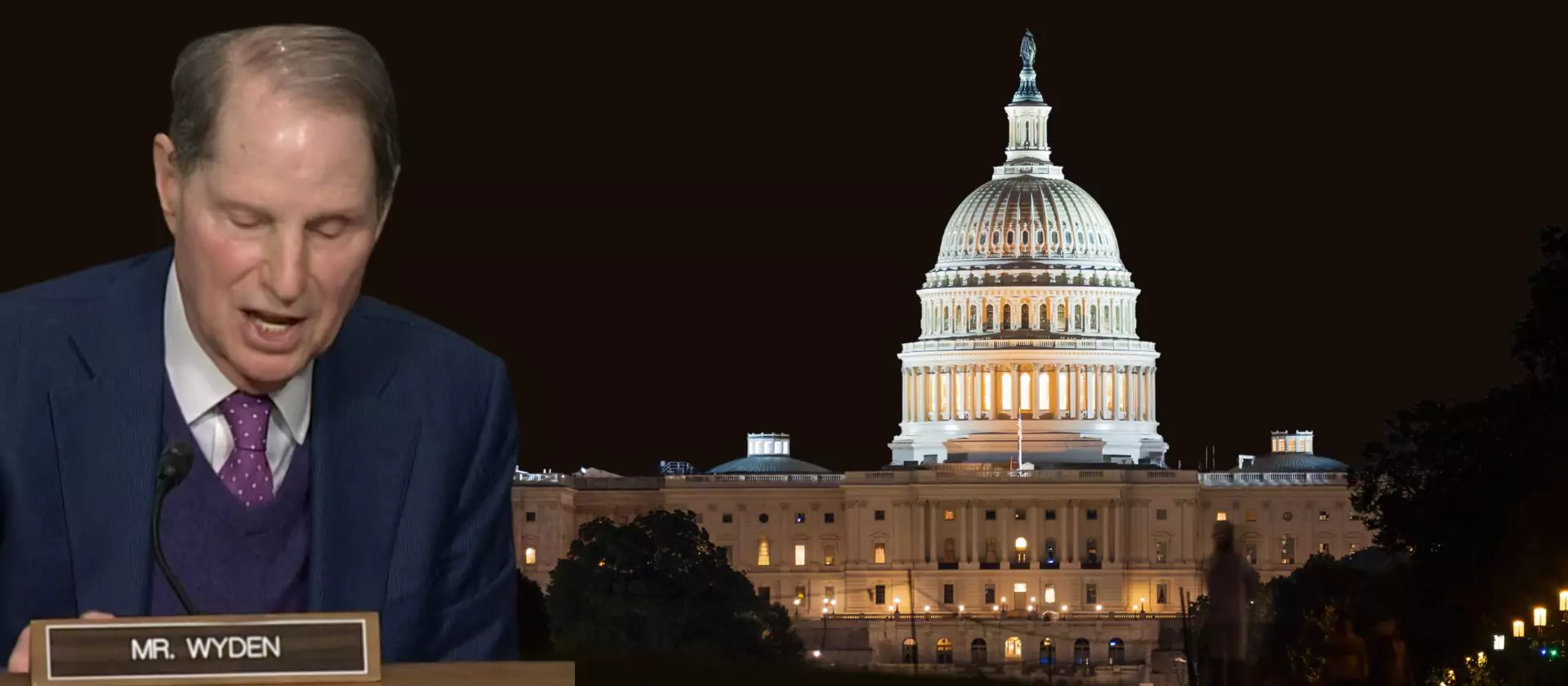Chair Meek, Vice-Chair McLane, and Members of the Committee,
My name is Daniel Hauser, Deputy Director for the Oregon Center for Public Policy, and I respectfully submit this testimony in support of SB 1177 on behalf of the Center. The Oregon Center for Public Policy is a nonpartisan think tank that uses research and analysis to improve the economic outcomes for all Oregonians, especially for those struggling to make ends meet.
Oregon has seen increasingly severe and destructive wildfires in recent years, devastating communities and imposing substantial economic costs on the state. It’s clear that Oregon needs to be well-prepared to fight wildfires and protect communities from this danger, which won’t come free.
SB 1177 takes a responsible approach by allocating a portion of the kicker — funds that the state has already collected —toward wildfire preparedness and response.
The kicker is premised on the false assumption that state economists can foresee the future with extreme accuracy. The Oregon Constitution requires the state to send, or “kick,” unanticipated tax revenue back to taxpayers if revenue comes in 2 percent or more above what state economists forecast two years prior. The task before the state economists is a stunningly difficult one. They must predict the behavior of the global, national, and state economies years into the future and then correctly connect that to the revenues generated by millions of Oregonians.
In short, the kicker is not a result of taxpayers overpaying their taxes. It’s a forecasting error.
Given this reality, it is a reasonable, prudent move for the legislature to redirect some of this unanticipated revenue to respond to emergencies that put the lives and livelihoods of Oregonians at risk.
There are other deep flaws with the structure of the kicker:
- It worsens economic inequality: The recent kicker sent an estimated $60 to low-income Oregonians and more than $800,000 to the richest 100 tax filers. SB 1177 would help balance this inequity by taking a portion of the kicker, therefore reducing the kicker for the richest households, and addressing a crisis that disproportionately impacts low-income and rural Oregonians.
- It leaves behind rural Oregonians: The kicker flows disproportionately to urban areas of the state, with the Portland-area counties, Hood River County, and Deschutes County receiving the five largest average kickers. The average kicker in Clackamas County is about double the average kicker received in 12 rural counties.
- It worsens racial inequality: Most communities of color receive a disproportionately smaller share of kicker dollars relative to their share of Oregon’s income tax filers. For instance, Latino Oregonians make up about 10.1 percent of Oregon tax filers, yet they collectively receive an estimated 6.2 percent of kicker dollars.
The kicker’s flaws are real and deep, and SB 1177 would help to mitigate at least one round of the kicker by saving some of it for purposes that would disproportionately help rural Oregonians and low-income families.
Please support SB 1177, and then dig into how Oregon can pass a long-term, permanent, fix to the kicker.





